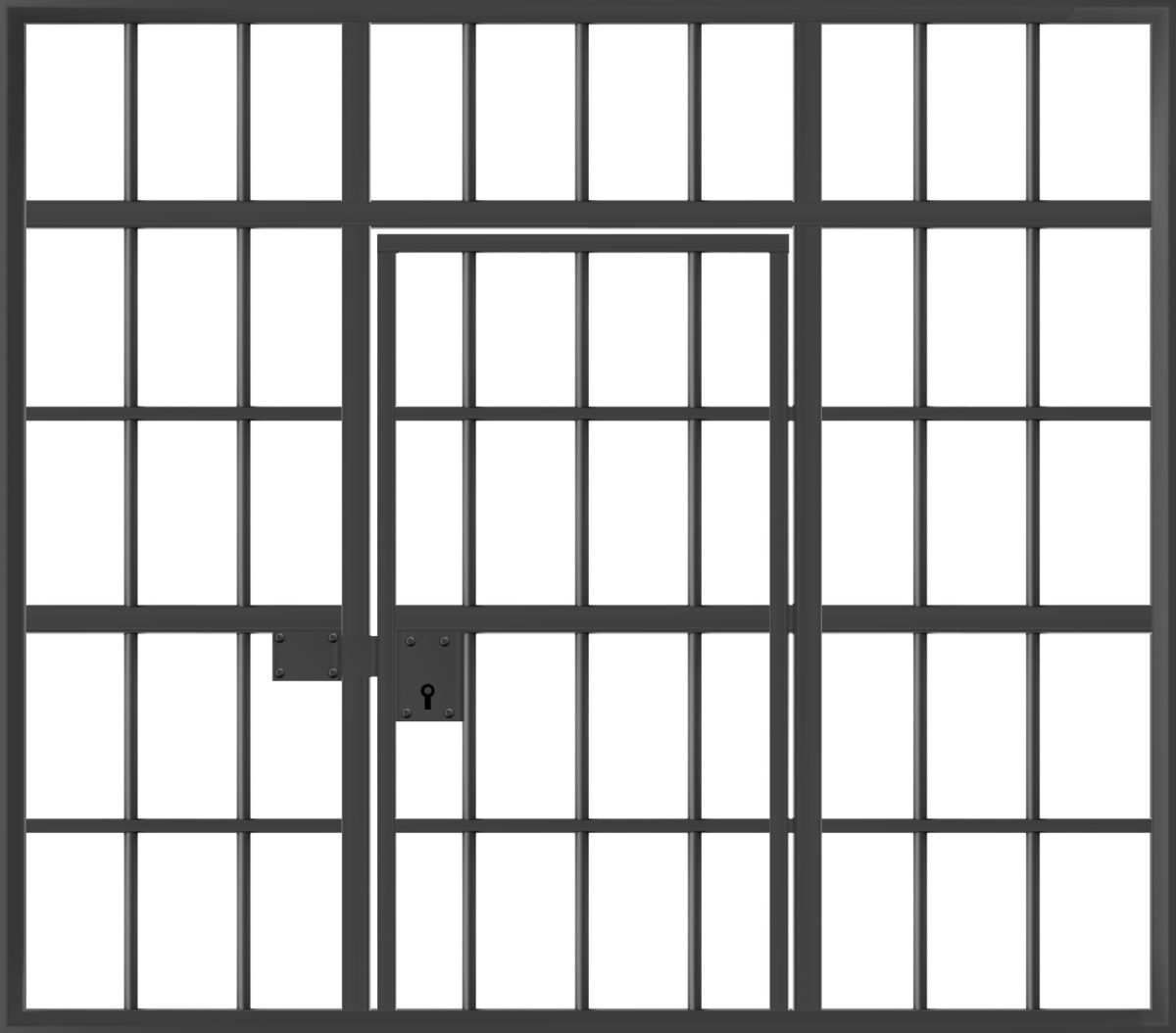

Foreign policy is largely the reasonRepublicans get my vote. Republican advisors have had a far morerealistic grasp of geopolitical interests and conflicts. Theiremphasis on missile defense, high military budgets and aggressiveinternational intervention are important core values to me.
I will still support Bush in this upcomingelection, but some of his comments in the foreign policy debate arealarming and unsettling. Specifically, when talking about defeatingterrorism he stated, “the best way to defeat them is to neverwaver, to be strong, to use every asset at our disposal, is toconstantly stay on the offensive and, at the same time, spreadliberty.”
Spreading democracy should not be theprerogative of the United States. The responsibility of Americanforeign policy is the stabilization of American national interests(most notably oil and other natural resources) and preventing thespread of weapons of mass destruction. Bush’s foreign policyteam has the experience to do this; this is why he’ll get myvote in November. But positioning ourselves as a democratizationforce will severely limit resources to those two more importantaforementioned goals.
If we were to pursue democracy as the matterof course in our foreign relations, we risk alienating some of ourmost important Middle Eastern allies, including Pakistan and SaudiArabia. Some would argue that the people of the Middle East deserveto be free and that the United States should take a direct role inthis effort. Proponents further argue that democratic states arealso inherently less erratic and less prone to politicalcollapse.
History has proven these assertions incorrect.The Carter administration witnessed firsthand what happens whenAmerica tries to influence other countries with its liberalprograms: conservative backlash. Iran was completely taken over byAyatollah Khomeini; this was partly in response to the Americaneconomic influence garnered by the former shah Reza Pahlavi.
If the desire to enjoy democracy is as greatas President Bush claims, then it is the responsibility of MiddleEastern citizens to institute that from the inside. The UnitedStates can serve as a model for this effort, encouraging and aidingwith military support; but the initial impetus for change must comefrom the inside. This will also lend legitimacy to those reformsafter armed conflict ends – something that we are havingdifficulty doing in post-war Iraq.











